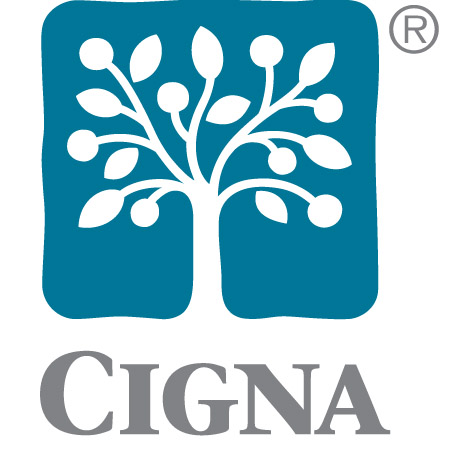 Top Class Actions
Top Class Actions
We’re Mad about Madoff! Still. Again. No kidding. Only this time someone’s naming a bank. Two former Bernard L. Madoff investors have filed a proposed consumer fraud class-action lawsuit against JP Morgan Chase & Co, claiming the banking giant was complicit in aiding Madoff in orchestrating the Ponzi scheme that robbed investors of more than $65 billion.
The lawsuit comes after a similar suit filed by the trustee appointed to represent Madoff’s victims was dismissed. The court ruled that the case filed by Irving Picard lacked standing, holding those claims belonged exclusively by the victims of Madoff’s fraud.
Among the allegations leveled in the lawsuit, investors charge that JP Morgan operated as Bernard L. Madoff Investment Securities LLC’s (BLMIS) primary banker for more than 20 years, and were faced with many indications that the fund was nothing more than a Ponzi scheme.
The lawsuit details that since 1986, all the money BLMIS collected from unwitting investors passed through JP Morgan in an account known as the 703 Account, where BLMIS co-mingled funds from investors.
The lawsuit contends that JP Morgan should have known that BLMIS’s activities were grossly inconsistent with those of an investment firm through a number of signs of impropriety.
JP Morgan, for example, was required to review a filing submitted by BLMIS to the SEC known as the Financial and Operational Combined Uniform Single Reports or FOCUS. That report, the lawsuit states, contained glaring irregularities that JP Morgan should have reported to the SEC, including factual omissions and errors, such as failing to report any commission revenue.
Beginning in 2006 JP Morgan sold structured investment products related to BLMIS feeder funds to its clients, profiting on those transactions as well. In the course of structuring those products, JP Morgan performed due-diligence on BLMIS and became suspicious that the BLMIS was a fraud but did not report its findings, the lawsuit alleges, but did redeem $145 million from BLMIS and $276 million from BLMIS feeder funds in 2008.
The lawsuit has been filed on behalf of Stephen and Leyla Hill, investors who incurred losses in BLMIS. It claims JP Morgan had knowing participation in a breach of trust, aided and abetted fraud, aided and abetted a breach of fiduciary duty, aided and abetted conversion and received unjust enrichment. The suit seeks damages for the plaintiffs.
Top Settlements
Big Banks paying Big Bucks: But are the bucks big enough? A $410 million settlement was approved this week—you may have seen it splashed all over the news—by a federal judge in Miami, ending an overdraft fees class action lawsuit against Bank of America (BoFA) that claimed the bank charged excessive overdraft fees.
Only thing is there are reportedly more than 13 million current and former customers who will be affected by the decision, customers who used debit cards over the past 10 years. Some reports suggest that most of the plaintiffs will likely only receive a fraction of the overdraft fees they paid. Ummm.
The lawsuit alleged that BoFA processed its debit card and check payments in such a way as to incur more customer overdrafts and consequently more fees. BoFA insists that its system was proper, despite the settlement. The settlement includes an estimated $123 million in legal fees for plaintiff’s lawyers…
Another bittersweet asbestos settlement this week. The widow of a man who died from peritoneal mesothelioma cancer has been awarded a settlement—a “substantial” sum—amount not publicly disclosed as compensation for loss of her husband, to put it bluntly. The settlement, negotiated on behalf of Mrs. Veraldo, was obtained midway through trial.
Mrs. Veraldo sued as executrix of the estate of her late husband, Randy Veraldo. He was 52 when he died in 2009, seven months after being diagnosed with peritoneal mesothelioma cancer, court records show.
Mr. Veraldo was a parts handler at a Teterboro, N.J., warehouse from 1978-85. The job required him to unpack clutch plates delivered on a near-daily basis from various suppliers. The clutch plates were said to contain asbestos, a mineral once widely used in the U.S. as a cheap insulating material until it was found to cause mesothelioma cancer.
Ok—That’s enough for this week. See you at the bar. And on this Veterans Day, a toast to all veterans, living and gone, the world over.


